
Over 500 U.S. Hospitals Have Stopped Delivering Babies Since 2010
A Crisis in Maternal Care is Unfolding—and it’s Hitting Rural and Urban Communities Alike
News
Over the last decade, Twitter has played a massive role in the way health services researchers communicate with each other, coordinate their collaborations, and conduct the dissemination activities so crucial to getting their results in front of the broad scientific and policy-making communities they serve.
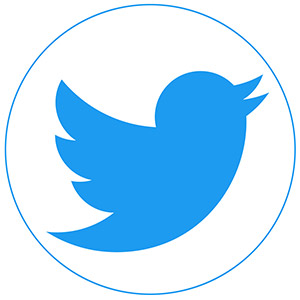
Across the University of Pennsylvania and the rest of academia, the general level of concern about the continued utility and stability of the social media platform has risen with each new change Elon Musk has announced. Consider these latest updates:
On Monday, November 22, Musk published this new policy on the Twitter site: “Effective November 23, 2022, Twitter is no longer enforcing the COVID-19 misleading information policy.” Previously, between January 2020 and November 2022, Twitter had suspended more than 11,000 accounts for violating its COVID-19 misinformation rules.
The next day, November 23, addressing a Knight Foundation forum, White House COVID-19 Response Coordinator, Ashish Jha, focused on the issues of social media platforms, misinformation, and the continuing spread of COVID-19. “I think we all have a collective responsibility. The consequences of not getting this right—of spreading that misinformation—is literally tens of thousands of people dying unnecessarily,” Jha said.
To get a better sense of what academics are thinking about Twitter in this tumultuous time, LDI reached out to several of its Senior Fellows who have been heavy Twitter users—Katherine Milkman of the Wharton School (@katy_milkman), Atheendar Venkataramani of the Perelman School of Medicine (@atheendar), and Holly Fernandez Lynch of the Perelman School of Medicine and the Penn Carey Law School (@HollyLynchez).
Milkman: Yes. For the first time since I started using Twitter, I’ve seen engagement with posts about science plummet, people I enjoy following (and who have amplified my work) have fled the platform, and it has generally become a far less interesting place to talk about science. I’m very disappointed in the changes.
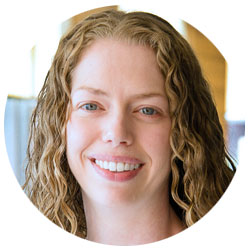
Venkataramani: The Musk purchase hasn’t really changed the way I use Twitter. I do feel like my feed has changed (scientific content is harder to find and more people are complaining about Twitter), but that’s really all I’ve noticed.
Lynch: I’ve stopped using Twitter as heavily as I did before, which might be a combination of a very busy November and a bit of reticence to continue relying on such a volatile platform. I plan to continue engaging on Twitter as long as I find it helpful, which I’ll measure based on my ability to see relevant content without getting bogged down in too much nonsense and to easily engage with people in my field.
Milkman: I am certainly worried about the potential for more spread of misinformation, yes. I am also very concerned about the increase in hate speech.
Venkataramani: Content moderation is such a difficult problem. It’s unclear where to draw the line between those two sets of extremes and who should be drawing that line. Prior ownership faced the same problems in this particular domain, though I’m concerned that it may become worse – and manifest in different ways – in the current regime.
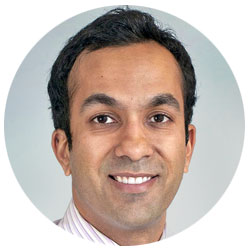
Lynch: Yes, of course, I think it’s incredibly problematic to allow misinformation and hate speech to go unfettered. It’s not good enough to tell people to simply ignore what offends them.
Milkman: Yes, I do. I have started using LinkedIn much more consistently and am experimenting with Instagram and Mastodon as well. So far, I like LinkedIn the best, but it’s meant for posting one idea, comment, or finding per day rather than multiple if you’re at a conference enjoying several interesting talks. That’s it’s only real drawback as far as I can tell.
Venkataramani: If enough people who I learn from or disseminate to leave the platform, then I would probably stop investing in it. Same thing if the algorithm changes so drastically that no one sees my tweets or that I don’t see tweets from accounts I learned from. Beyond that, I don’t think it will change things much. I suppose for a Twitter user whose goal is to have deep, meaningful debates or to achieve social change, these changes might dissuade them from using it. But that is asking a lot of any social media website, and I think those goals are not achievable through platforms like this.
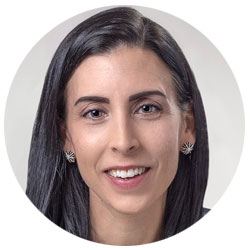
Lynch: It’s a bit too early to tell. Right now, I plan to continue sharing my work on Twitter and engaging with others on the platform. But I will also look for other avenues to avoid so much reliance on one site.
Milkman: Yes, I am trying Mastodon. I haven’t signed up for Post yet, but I am considering it. On Mastodon, I’m @katymilkman@nerdculture.de.
Venkataramani: Not yet. I am not convinced that any of these sites will be better in meaningful ways. I think the issues we have with social media are features of all such sites, not just bugs of any one platform.
Lynch: So far, I’ve only used Mastodon as a backup (@HollyLynchez@med-mastodon.com). I set up syncing software to allow cross-posting across both platforms and haven’t had much opportunity to really dig into Mastodon. I don’t love the platform and find it fairly challenging to identify relevant content. But with all the Twitter layoffs, the thought occurred to me that I might wake up one morning and it would be gone! I’d really hate to lose those meaningful online connections. I chose the server based on a colleague’s recommendation but didn’t perseverate on it for long. My expectations are fairly low–I’m hoping Twitter will bounce back and we can continue to have productive dialogue there. The idea of starting over is not ideal, but it may be needed.


A Crisis in Maternal Care is Unfolding—and it’s Hitting Rural and Urban Communities Alike

Stable Payments Improved Margins But Not Liquidity, New LDI Analysis Finds

LDI Senior Fellow Cited for “Significant Contributions” in Research

Outdated Laws Target Black and Queer Lives in Over 30 States, Fueling a Deadly Disease

Selected for Current and Future Research in the Science of Amputee Care
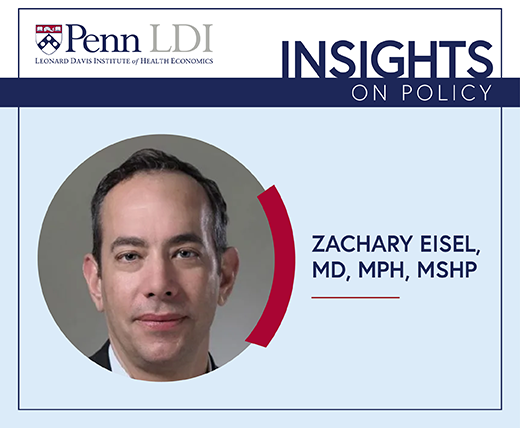
Research Memo: Delivered to House Speaker Mike Johnson and Majority Leader John Thune